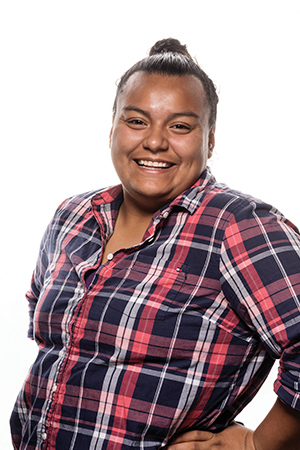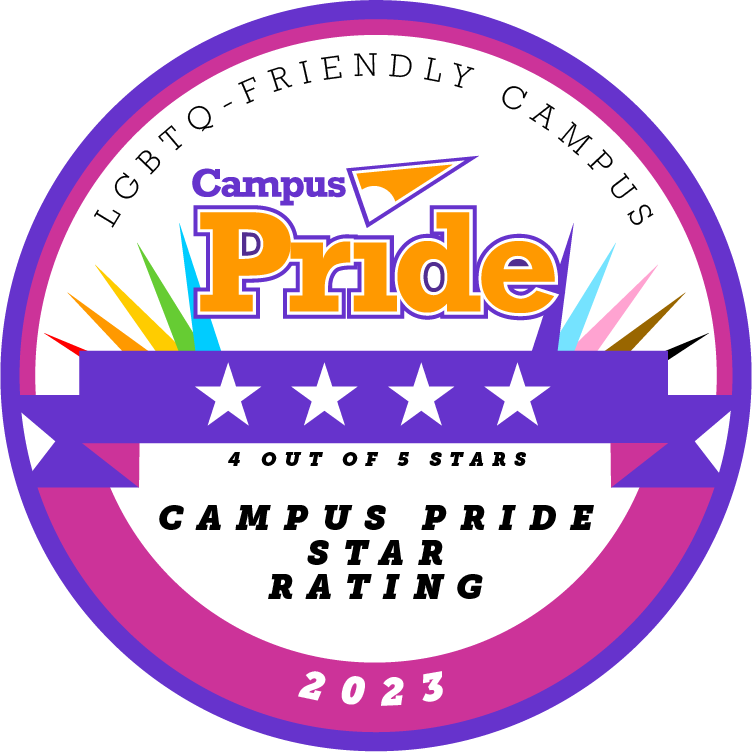Ana Cany Mejia Cortes

Name: Ana Cany Mejia Cortes
Hometown: Santa María, California
Major: I graduated with bachelor’s degrees in Spanish and Latin America Studies in 2017.
Years on campus: I transferred from a community college in my hometown called Allan Hancock College in 2015 and graduated this May.
Did you or do you have plans to continue your education beyond a four-year degree? I am currently attending University of Nevada, Reno, to get my master’s degree in Spanish.
Why did you choose Chico? It was a small university and I thought it was going to be better and easier to meet my professors and be able to have a connection with them. I also went to Chico because a Spanish teacher I had in high school would always talk about Chico and how great her experience was, so I wanted to have the same experience.
What first sparked your interest in a college education? I just knew that I wanted to do more than my parents did. I wanted to let my parent know that all the sacrifices they made to come to the United States were not taken for granted and that I was going to take every opportunity to make them proud.
What were some barriers that prevented others in your family from completing a four-year degree? Because my stepfather could not work due to medical sickness, my other brother had to work to support the family and he was not able to go to school. For my other brother, he did attend high school for a year or so but had to drop off because my older brother could not keep up with all the bills for the house.
Who can you point to as a mentor or inspiration in your pursuit of a four-year degree and why? My biggest inspiration was my stepfather. Ever since I can remember, he was always sick and in the hospital but he never gave up. He fought until the end and he always told me that I had to go to school, to be someone in life and to be able to live my life to the fullest and to reach my potential. As of today, my mentor is Tracey Cearley, one of the many nurses my stepfather had. He has helped me in the process of applying to college, and has guided me and sometimes convinced me that I can do whatever I set my mind to. All I have to do is put my heart into it and work hard, and I will get there.
What does being first-gen mean to you? For me, first-generation means proving to my parents and siblings that it is possible to get an education and be someone in life. It also means that all the sacrifices that my family have done are worth it, and it also means that I am opening the door for future generations to show them that if I did it, they can do it as well. It also means a better future, not just for me but for my family. Lastly, it means hard work and dedication because one has to open her own way.
What challenges do you struggle with or have you overcome as a result of being first -gen? The biggest struggle is to believe that I do belong here and that I have reached the goals I have reached because I deserve them and because I have earned them and have worked hard for them. Another struggle is being able to leave your family and engage in a new experience all on your own.
What is your wildest ambition? To publish a book in Spanish. And to be able to one day buy my mother and my two brothers each a house as a way to repay them for all the sacrifices they made for me.
What message do you want to send other first-gen students? That no matter how difficult the situation looks, if you put your heart and dedication into something, you can overcome anything.

